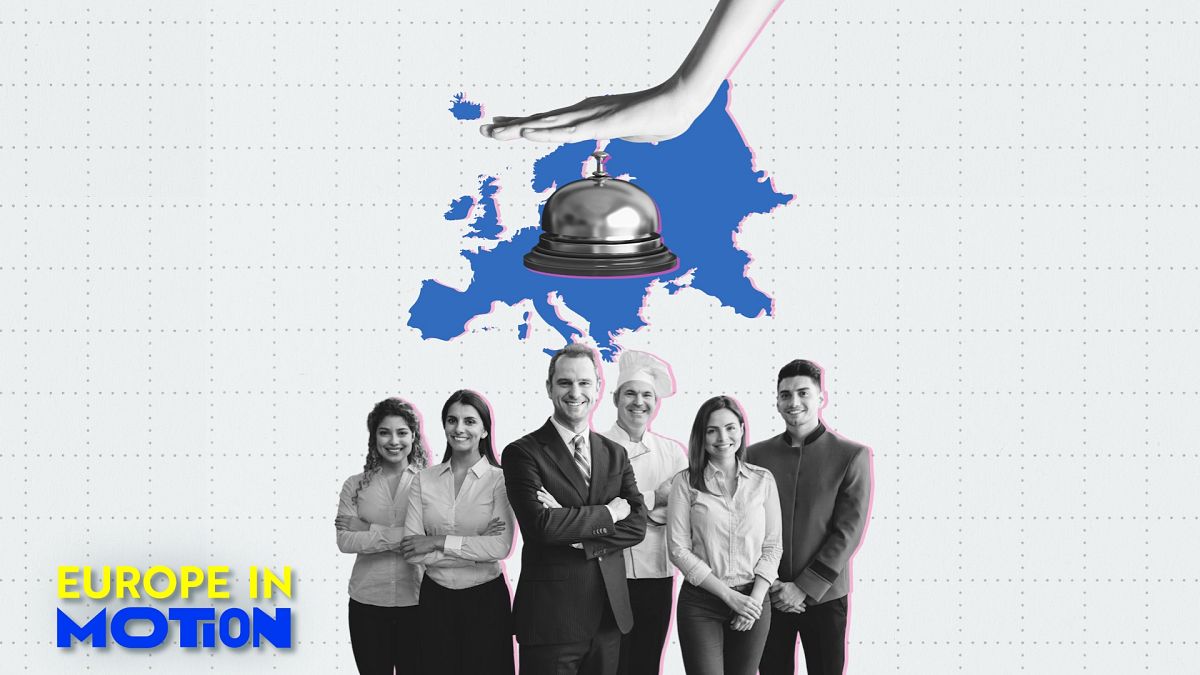ADVERTISEMENT
Almost half (47%) of European hoteliers struggle to hire and retain workers with the right skills or experience, according to the 2025 European Accommodation Barometer from Booking.com and Statista.
The fifth edition of this study is based on a survey of 1,160 executives and managers across the European accommodation sector.
Independent hotels plan to hire 2.72 employees over the next 12 months, while chain hotels expect to hire about 5.85 employees.
However, this number varies significantly among EU countries.
Greece and Spain show the biggest appetite to hire new staff members, with plans to add 8.8 and 8.3 employees, respectively, over the next 12 months.
By contrast, Germany and Austria are more restrained in their hiring intentions, with figures showing they plan to take on 1.6 and 2.4 employees, respectively.
“The bigger the business or the more upscale, the greater the hiring needs for the next 12 months,” stated the European Accommodation Barometer report.
The most common needs are for relatively low-skilled and seasonal roles, such as housekeeping, food and beverage services, and front office positions, which tend to be easier to fill.
However, filling managerial roles, including general manager positions and marketing staff, presents significant challenges.
For every accommodation that found it easy to hire managers, almost 10 reported difficulties.
On the other hand, while housekeeping roles are in demand, workers available to fill these positions are relatively easy to find. According to the European Accommodation Barometer 2025, these roles had an “availability” score of 0.6, one of the lowest recorded.
Management roles, meanwhile, aren’t as sought after by employers, although it is relatively difficult to find workers to fill these spots. The barometer gives these jobs a score of 9.6.
Across Europe, the skills gap hits particularly hard for small and independent accommodations due to a lack of training resources. In fact, 17% of all independent properties do not offer any training at all, while the same is true for only 2% of chain properties.
High salary expectations and a lack of work-life balance are two major challenges faced by European tourist accommodations when hiring qualified candidates.
This is particularly true in Italy, where 70% of hoteliers agree that these are the main challenges, and in the Nordic countries, where the figure is 63%.
Concerns about seasonality and job stability are also prominent, especially in Greece, at 58%, and Croatia, at 56%.
“Despite the optimism, the biggest barriers for European accommodations are increasing costs, staffing and lack of digital skills,” said Peter Lochbihler, Global Head of Public Affairs at Booking.com.
